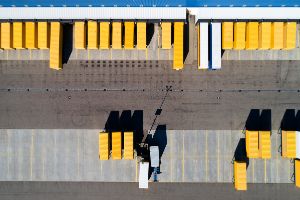Trends of 2023: the environment as a destabilising element of global security
Increased waves of migration, growing instability in already troubled areas such as the Sahel, and increasing deforestation in Latin America are some of the phenomena associated with climate change that will have a significant impact on the security.

The climate challenge is undoubtedly one of the greatest challenges facing our societies in the short, medium and long term. Although in recent years there has been success in creating a series of effective instruments to address this challenge, as a result of a series of international commitments with a very complex architecture, analysts agree that it is essential to renew efforts if the minimum objective set by the United Nations is to be achieved: that the average temperature increase compared to the pre-industrial era does not exceed 1.5 degrees Celsius.
According to Prosegur Research, the evolution of the environmental challenge is one of the broad spectrum trends that will create security conditions at all levels, from the individual, urban and business to the planetary, passing one by one through all countries.
"Although a direct cause-effect relationship cannot be established between environmental problems and the increase in violence or insecurity, it is undoubtedly a facilitator, even a potentiator of effects such as conflicts over resources, food crises or forced migrations", points out Carmen Jordá, head of Intelligence and Foresight at Prosegur Research. Indeed, environmental risks are categorised as "systemic", because they impact in different domains and in an amplified way by interacting with other systemic risks such as the fragmentation of power or social polarisation.
Hence, according to José María Blanco, manager of Intelligence and Foresight, "the map of countries at risk of impacts is global, but some are more at risk from climate and environmental consequences or are more prone to environmental crimes than others; and itoften overlaps with the map of fragile states and sometimes even with high crime rates".
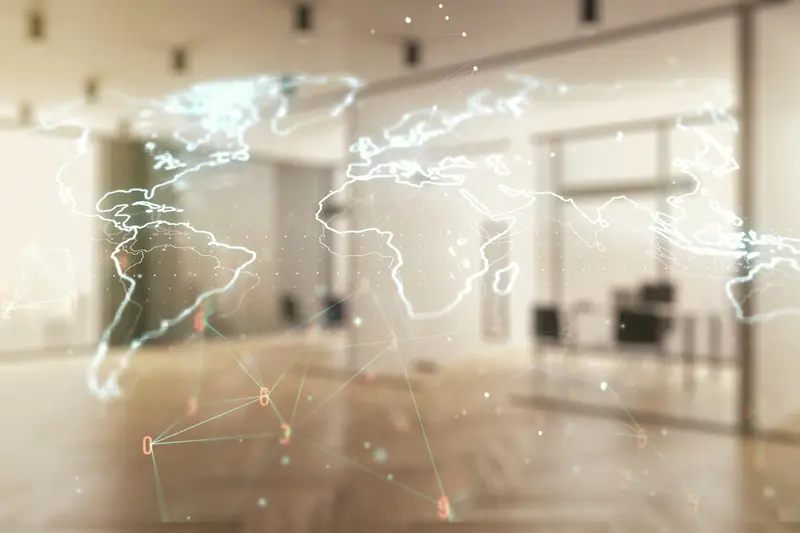.webp)
Micro, Macro and Planetary Scales
The environmental factor, a cross-cutting one par excellence, has consequences at macro and micro scales. For example, the thawing of the permafrost in Russia could reshape global supply chains as new land and water routes open up to the north. Rising temperatures and desertification could cause present or latent conflicts to fester, such as the dispute between Sudan, Ethiopia and Egypt over access to Nile water after the construction of the Renaissance Dam; between Syria and Iraq over the Euphrates River; or in the Sahel if Lake Chad continues to shrink.
Another example of intersecting risks is a country like Nigeria, where numerous armed groups dispute territorial and social control of the state, if the potential effects of climate change are added to its predicted demographic bombshell. This type of impact is also replicated on a micro scale, "For example, in crises caused by floods, droughts or the drying up of rivers in towns in La Mancha, Valencia and Chile", explains Elena Labrado, journalist and intelligence analyst.
If environmental risk is global by definition — a climate butterfly effect where pollution in India has hit Somalia, Labrado explains, no territory is free from the threat. Thus, Europe would suffer new waves of migration, as well as direct or indirect consequences such as the desertification of the south itself, with its derivative in the fall in agricultural productivity, cuts in supply chains and price hikes in raw materials. In this case, the communicating vessels between risks could fester extremism and populism, as well as criminality, especially in the most vulnerable countries.
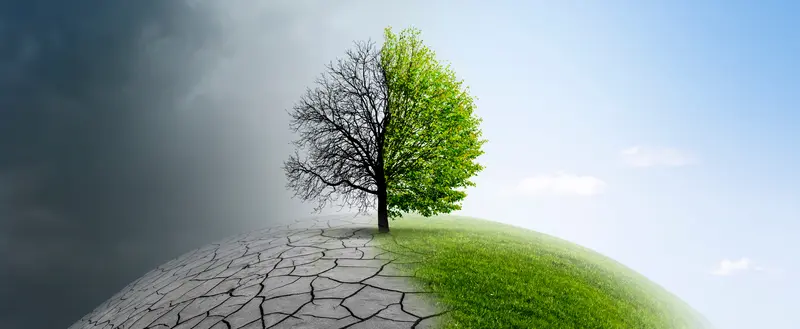.webp)
Increase in Environmental Crime
On the one hand, climate degradation can feed back into organised crime, while at the same time this "multinational of evil", as Blanco defines it, multiplies its environmental damage through its business. The damage caused by coca cultivation, processing and fumigation is well known, but in recent years other crimes such as deforestation due to trafficking in exotic wood have increased—Jordá comments on the important efforts and advances made by Spanish security forces in identifying illegal trafficking in flora and fauna, such as the use of artificial intelligence to contrast declared materials with the real ones through the rapid scanning of wood samples in ports and airports — or illegal mining in Africa and Latin America. They have even taken advantage of international donations from a natural disaster, such as a catastrophic hurricane, to launder illicit money.
This tangled web of causes and effects makes it difficult to foresee how it will evolve in the long run. Some circumstances are aggravating, for example, the short-termism that prevents sustained planning, the priority of emerging countries over economic development, the scarcity of informed professional criteria in decision-making, or the inertia of allocating budget and debt to mitigate the effects a posteriori rather than to a preventive strategy.
We are living in a period of transition between an old mentality that has not yet died and a new one that will not come to fruition until the new generations occupy positions of power.
Labrado explains that "we are living in a period of transition between an old mentality that has not yet died and a new one that will not come to fruition until the new generations occupy positions of power". In addition to greater social awareness that presses for deeper political and economic changes, another positive factor would be exponential technologies that leverage each other — such as systemic security risks: from the capacity of big data and quantum analysis to AI applied to agricultural productivity, the capture of CO2and water from environmental humidity or the leap in energy generation suggested by recent milestones in fusion or geothermal energy.
Undoubtedly, curbing this situation will require greater citizen skills such as critical thinking and complex problem solving, which will lead to legitimate and peaceful demands for changes in institutions and companies in favour of environmental protection, as is already happening.
These human skills are the ones that have enabled us to respond to health crises with major scientific breakthroughs, which are driving unprecedented exponential and convergent technological development, and that will undoubtedly lead us to challenge the climate challenge we face.
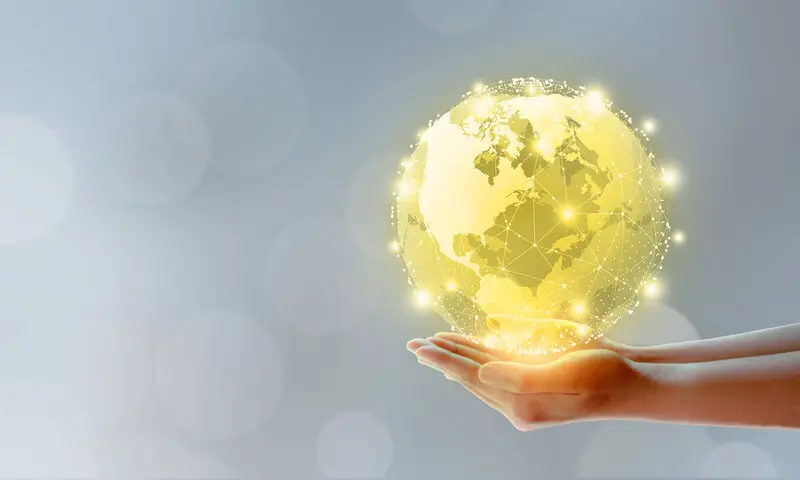%20(1).webp)
.jpg)


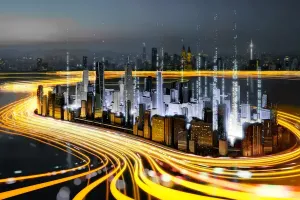.webp)
